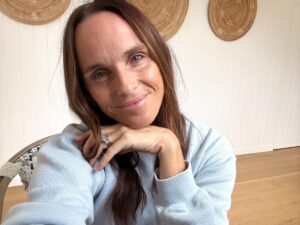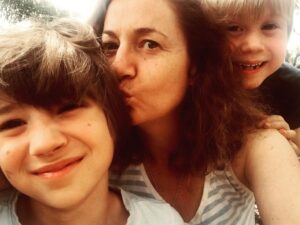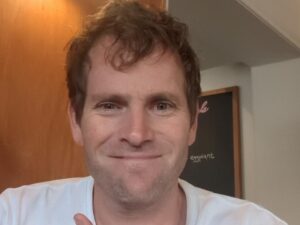1. What impact has NETs had on your life?
Like so many others, it took 2 years from my first scans showing tumours to be diagnosed with NETS. It was long, frustrating and physically and emotionally draining not only on me, but also my family. I was originally diagnosed with Pancreatic Cancer with Liver mets and given 4-6 months. I was treated weekly for 15 months with IV chemotherapy and had CT scans every 3 months.
My husband Simon began researching the internet for information on pancreatic cancer as things with my diagnosis didn’t add up. Basically I was still alive. Following a 2nd opinion in Sydney we requested a scan to test for NETS. An Octreotide scan ($3,000) was negative; we then requested a Gallium 68 scan which came back positive.
The rollercoaster ride that comes with a NETS diagnosis has forced me to evaluate the direction of my life and my whole perspective has changed. I don’t stress the little things and I don’t let NETS run my life. I have learnt to live with it. Don’t get me wrong. I still have days where the bathroom is my constant companion and I do think about my kids and the future, but I have learnt to shrug off the doubts and concentrate on the positive.
My job was very demanding with long hours and was affecting my health so I stopped working 3 years ago. Removing that stress has had such a positive effect not only on my health, but my life in general. Simon and I enjoy travelling. Since diagnosis, we have been to the Arctic to see Polar Bears and caravanned around Australia. We now go away in our caravan and I enjoy walking around the golf course with him whilst he plays in the Australian Seniors Amateur Golf Tour. We arrange our travel around my scans, treatment and monthly sandastatin injections.
I now have a wonderful team of medical professionals looking after me and have confidence that they are offering me the best possible treatments. This hasn’t always been the case, so don’t be afraid to change your team. I know I will never be cured, but I see my NETS as a chronic illness that is being treated rather than a terminal one.
2. What drew you to become involved as a Support Group Facilitator?
When I was diagnosed in 2010 there was very little information or support in Canberra for patients diagnosed with a Neuroendocrine tumour. I felt extremely isolated and frustrated with the lack of information and felt we were fighting this disease on our own.
Finding The Unicorn Foundation and understanding the disease we were dealing with, gave us the knowledge and confidence to ask the right questions and question the treatment I was on at the time. Simon and I joined other NETS patients from around Australia when The Unicorn Foundation presented a petition to Tasmanian MP Andrew Wilkie at Parliament House. Talking to Simone and John Leyden and meeting other NET patients who had been living with NETS for many years, had a profound effect not only on my peace of mind, but also on how I approached my NETS. Listening to their experiences and tapping into their knowledge, we no longer felt alone and knew that we had support from others experiencing what we were going through.
With NETS becoming a less common cancer, I knew that there would be other patients diagnosed now and in the future with NETS. My own experiences of feeling so alone and isolated in the beginning and the difference it made to my life after approaching the Unicorn Foundation support network, I knew that Canberra NET patients needed a place where they could come together to support each other and to access information.
I had previously approached the Cancer Council NSW to become a telephone support for NET patients, but as my working role had been providing support to employees in a large Government Department, I knew that I needed to utilise the skills I had to form the Canberra Support Group. Our Support Group provides the conduit between The Unicorn Foundation and Canberra NET patients to raise awareness and provide support to lessen the feeling of isolation. Our group started with a small number of patients and supporters and through the Unicorn Foundation website and Kate our numbers have been increasing as new patients are diagnosed.
It is very satisfying for me personally to know that the Canberra Support group is helping to fill that void of lack of information and support that I experienced when I was first diagnosed.
3. What advice would you give to a newly diagnosed patient? What has been most helpful to you in your NET experience?
Avoid Dr Google especially in the early days, as many of the articles are outdated and the advances and effectiveness in treatment of NETS has greatly increased since they were written.
Access The Unicorn Foundation website and contact Kate Wakelin the NET Nurse for up to date advice. The Unicorn Facebook page is also a great source of support and information.
Take control of your treatment- be your own advocate. Learn to ask questions, keep asking if you are unsure or things don’t feel right. You need to have a clear understanding of treatment paths and why.
Take someone with you as a second pair of ears to consult appointments. There is usually a large amount of information to take in and it is easy to miss some of it.
Surround yourself with a support network that you feel comfortable with. Make sure your medical professionals including your GP understand NETS, and if unsure of something, are willing to contact a NET Specialist for advice.
Don’t be scared to get a 2nd opinion
Keep copies of reports, scans and latest bloods either in a folder or IPad and take them with you to any medical appointments or hospital.
Be positive- we all have times when things get a bit much for us, learn to utilise your support network whether it is Kate(NET Nurse), The Unicorn Facebook page, support group or other NET patients. Don’t be afraid to ask for help.







